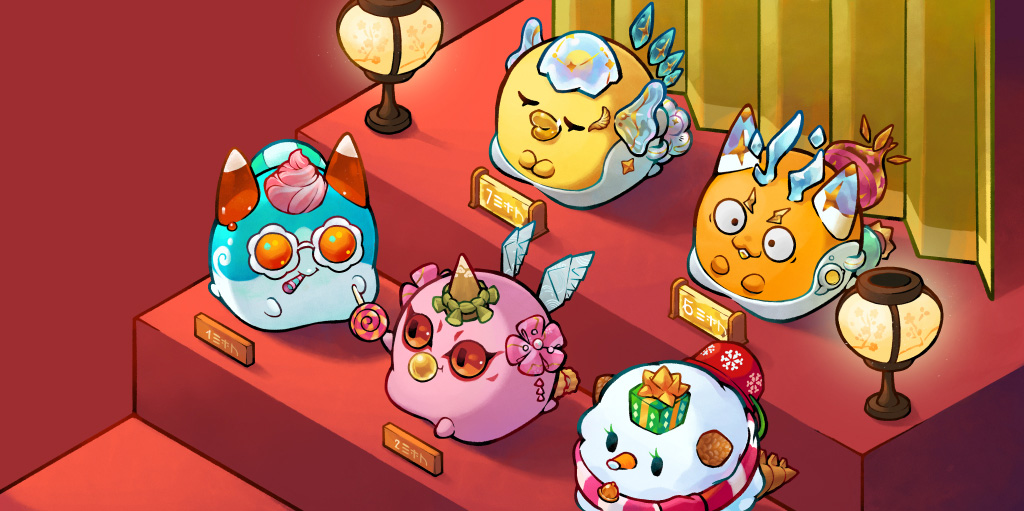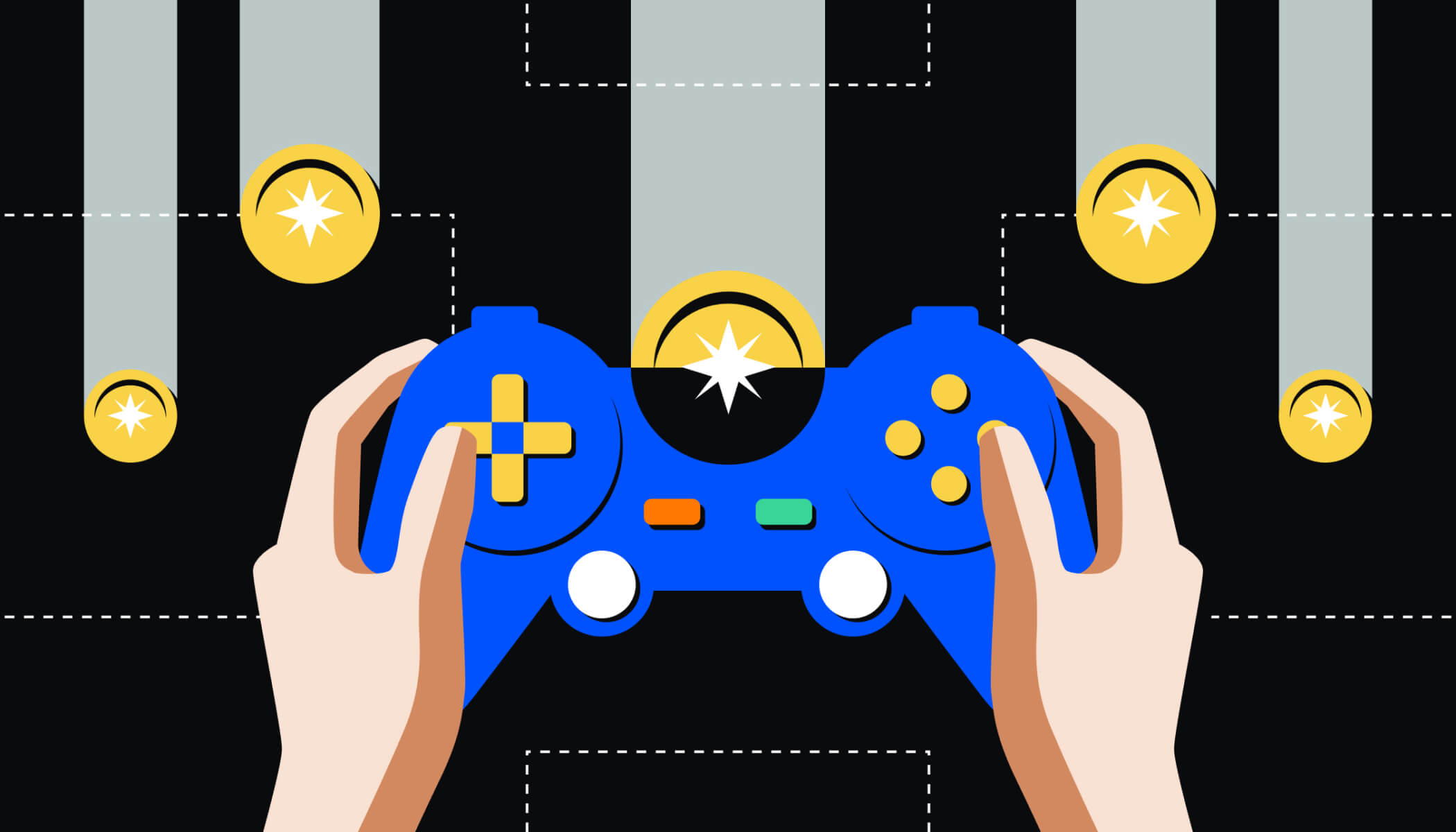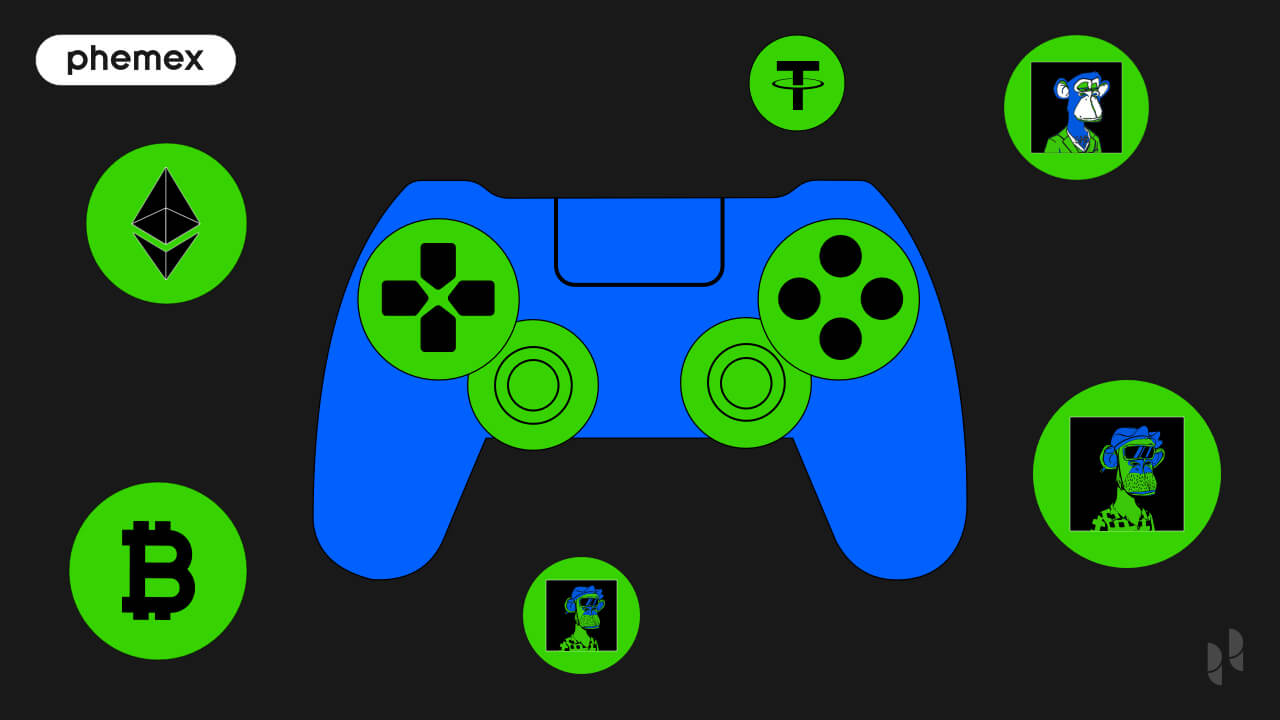In recent years, NFT games have reshaped the gaming landscape, offering players true digital ownership of in-game assets and new opportunities to earn real-world income. Powered by blockchain technology, these games use Non-Fungible Tokens (NFTs) to give users the ability to buy, sell, and trade unique digital assets—ushering in the era of “play-to-earn.” But beyond being a player, there’s a growing demand for professionals looking to build a career in this innovative space.
What Are NFT Games and How Do They Work?
NFT games are digital games that use NFTs—unique cryptographic assets stored on a blockchain—to represent in-game items like characters, weapons, skins, or land. Unlike traditional games where the developer retains ownership of in-game items, NFTs grant true ownership to players. These digital items can be traded on external marketplaces or even used across compatible games.
There are two primary types of NFT games:
- Play-to-Earn (P2E): Players earn cryptocurrency or NFTs by completing quests, battling opponents, or achieving milestones.
- In-Game NFTs: Players acquire collectible NFTs—such as trading cards or special tools—that they can sell for real-world currency.
Games like Axie Infinity, Alien Worlds, and Splinterlands have shown the power of this model, with some users making substantial income simply by playing or trading assets.

Career Opportunities in NFT Gaming
The explosive growth of the NFT gaming market has created a demand for a wide range of professionals—from developers and designers to marketers and analysts.
Key Roles in NFT Game Development:
- Blockchain Developers ($105,635/year): Build the infrastructure and smart contracts powering NFT mechanics.
- Game Developers & Engineers ($91,722–$112,642/year): Use tools like Unity or Unreal Engine to design immersive gaming experiences.
- UX/UI Designers ($84,525/year): Create seamless, user-friendly interfaces and game environments.
- Marketing Coordinators & Analysts ($54,000–$78,000/year): Promote NFT games and analyze market trends.
- Customer Support & Community Managers: Manage user relations and foster game loyalty across digital platforms.
Whether you’re tech-savvy or business-minded, there’s a role for you in the NFT gaming ecosystem.
Top NFT Gaming Companies to Watch
Several companies have established themselves as leaders in NFT game development and are actively hiring:
- Sky Mavis: The creator of Axie Infinity, known for pioneering the P2E model.
- EverdreamSoft: A Swiss firm that launched one of the first blockchain games, Spells of Genesis.
- Suffescom Solutions: Specializes in high-end 2D and 3D blockchain games across genres.
- The NineHertz: Offers diverse gaming projects from racing to sports games.
- B2Expand: Known for integrating peer-to-peer NFT trading into game ecosystems.
These companies are hiring for roles ranging from software engineers to marketing strategists, offering a wealth of opportunities for newcomers and veterans alike.
Skills and Education to Succeed in NFT Gaming
To thrive in the NFT gaming industry, professionals need a mix of technical, creative, and soft skills:
Technical Skills:
- Blockchain fundamentals (Ethereum, Binance Smart Chain)
- Programming languages (Solidity, JavaScript, C++)
- Game engines (Unity, Unreal Engine)
- Smart contract development and Web3 integration
Workplace Skills:
- Collaboration & communication
- Critical thinking and problem-solving
- Adaptability in fast-changing tech environments
While a bachelor’s degree in computer science, graphic design, or business can be helpful, certifications and specialized online courses—such as those from Coursera or IBM—can be just as valuable.
The Future of NFT Gaming
As blockchain scalability improves and more developers adopt Proof-of-Stake mechanisms to address environmental concerns, the NFT gaming space is likely to grow even more robust. Developers are exploring cross-platform asset use, virtual real estate, and metaverse integration, ensuring NFT gaming remains at the cutting edge of innovation.
At the forefront of this transformation are companies like SoluLab, which offer end-to-end NFT development services and actively shape the evolution of NFT gaming by pushing the boundaries of what’s possible.
Conclusion
Whether you’re an avid gamer or a tech professional seeking the next frontier, NFT gaming offers unparalleled opportunities. With a unique blend of entertainment, economics, and innovation, it’s one of the most dynamic industries to watch—and work in.
From playing to earning, coding to marketing, and collecting to designing, your NFT gaming career starts now.




